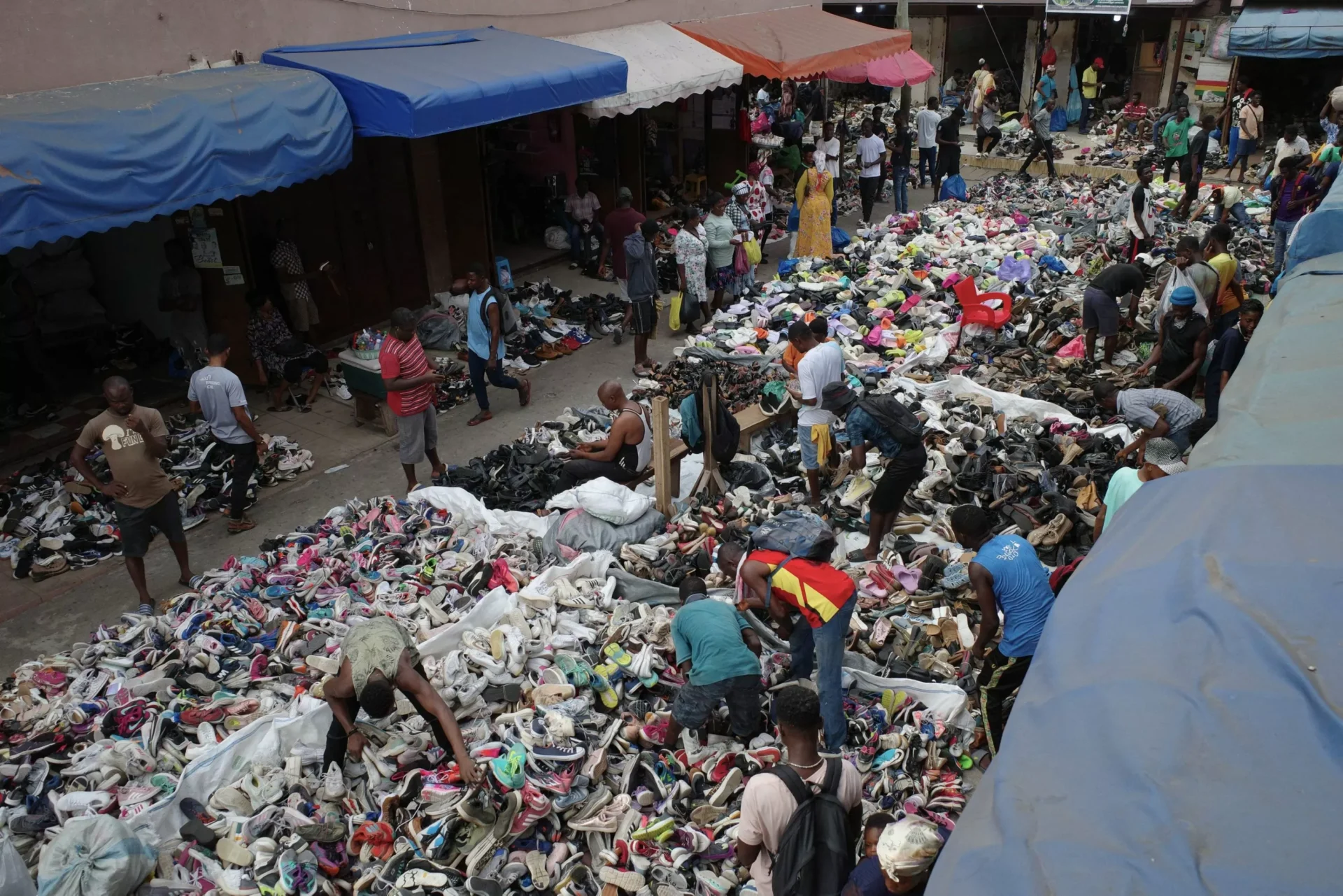H&M, one of the world’s largest fashion retailers, has been making strides towards sustainability in recent years. With their commitment to using recycled materials in their clothing, they have been praised for their efforts to reduce their environmental impact. However, a recent visit to their main store in Paris has revealed a concerning trend – the difficulty in finding garments that do not boast about being made from recycled materials.
According to a report by the Environmental Investigation Agency (EIA), in the past year, 79% of H&M’s polyester items were sourced from recycled materials. While this may seem like a positive step towards sustainability, it raises questions about the availability of non-recycled options in their stores. As a customer, it was disheartening to see that the majority of their clothing was marketed as being made from recycled materials, making it challenging to find alternatives.
H&M has been vocal about their sustainability efforts, with their goal to become 100% circular and climate positive by 2030. They have implemented various initiatives, such as their garment collection program, where customers can bring in their old clothes to be recycled or repurposed. They have also introduced their Conscious Collection, which features clothing made from sustainable materials such as organic cotton and recycled polyester. These efforts are commendable and show a genuine commitment to sustainability.
However, the overemphasis on recycled materials in their stores raises concerns about the company’s priorities. Are they more focused on marketing their sustainability efforts rather than actually implementing them? As a customer, it is essential to have access to a variety of options, including non-recycled materials. It allows us to make informed choices and not feel like we are being forced to buy recycled clothing.
Moreover, the EIA report also highlighted the issue of greenwashing – the practice of making false or exaggerated claims about a company’s environmental efforts. While H&M has been transparent about their use of recycled materials, the report revealed that some of their suppliers were not meeting the company’s sustainability standards. This raises questions about the credibility of their claims and the need for more stringent monitoring of their supply chain.
However, it is not all negative. H&M has made significant progress in their sustainability journey, and their efforts should be acknowledged. They have set ambitious goals and have taken steps towards achieving them. Their use of recycled materials has helped reduce their carbon footprint and divert waste from landfills. They have also introduced sustainable practices in their production processes, such as using renewable energy and reducing water consumption.
Furthermore, H&M has also been working towards creating a more transparent and ethical supply chain. They have implemented a Code of Conduct for their suppliers, which includes guidelines for fair wages, safe working conditions, and environmental protection. They have also joined initiatives such as the Better Cotton Initiative and the Sustainable Apparel Coalition, which aim to improve sustainability in the fashion industry.
As customers, we also have a responsibility to support and encourage companies like H&M in their sustainability efforts. By choosing to buy from their Conscious Collection or participating in their garment collection program, we are contributing to a more circular and sustainable fashion industry. We can also use our voices to demand more transparency and accountability from companies, pushing them to do better and make real changes.
In conclusion, while H&M’s commitment to using recycled materials in their clothing is commendable, the overemphasis on it in their stores raises concerns about their priorities. As customers, we should have access to a variety of options, including non-recycled materials, to make informed choices. However, their efforts towards sustainability should not be overlooked, and we should continue to support and encourage them in their journey towards a more sustainable future. Let us all play our part in creating a better world for ourselves and future generations.

